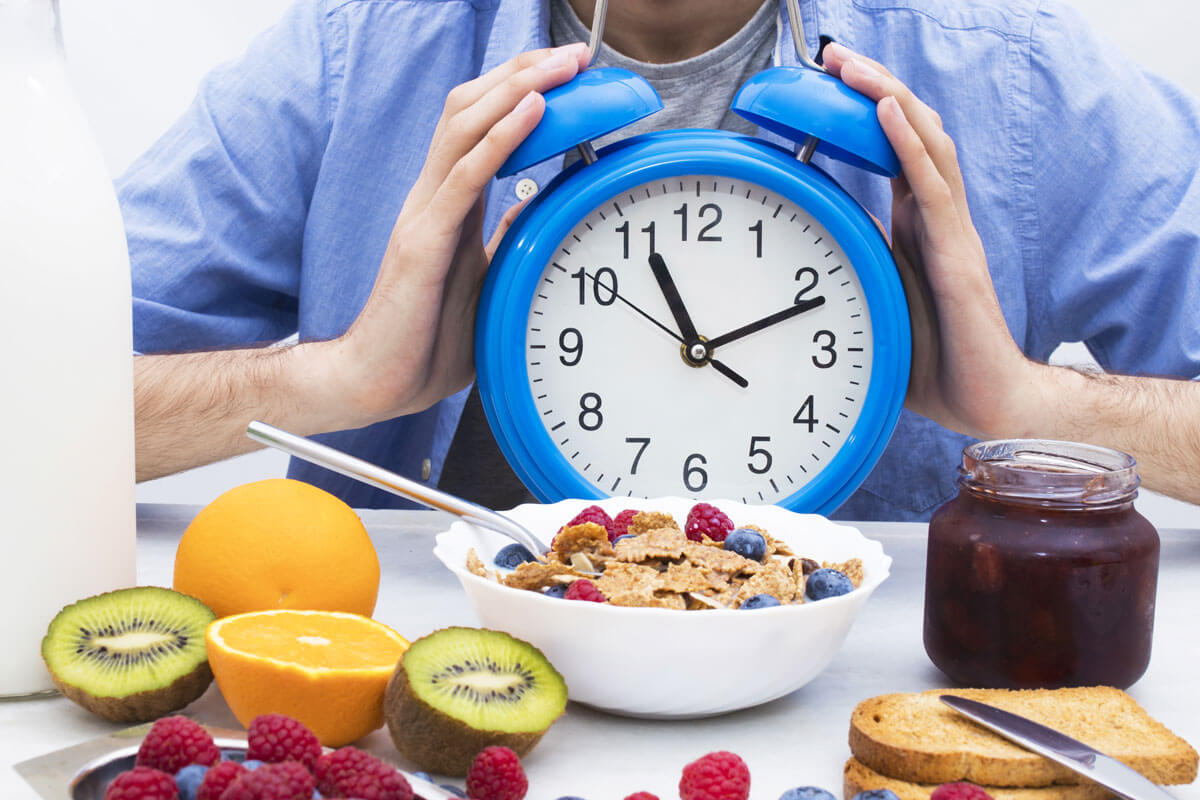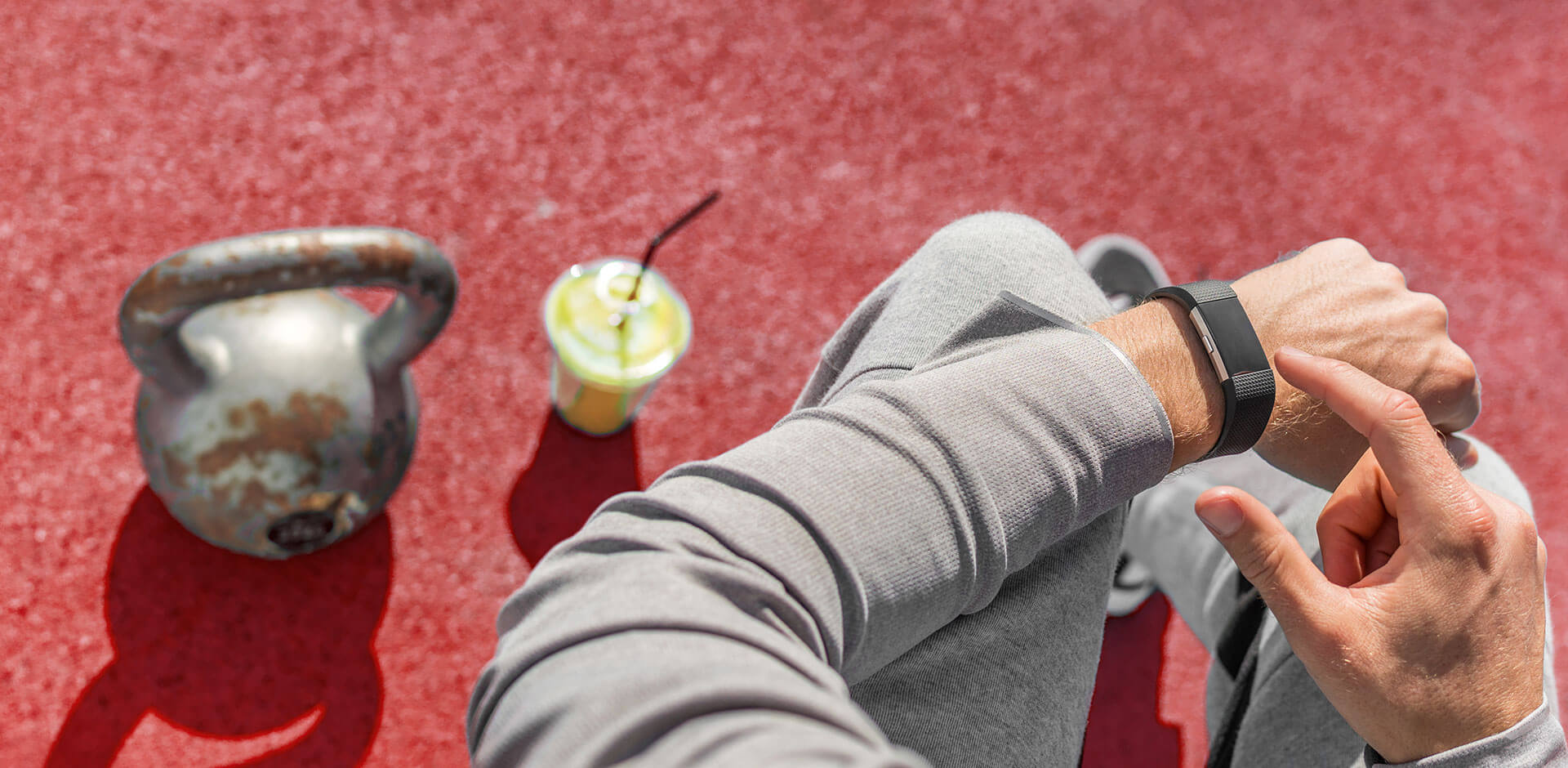You've probably heard that a healthy eating style is one where meals are eaten regularly, preferably five times a day, and the breaks between them are on average three hours. It is believed that by doing so, we accelerate the metabolism and protect our muscles against catabolism. Unfortunately, we misplace the diet because of the erroneous myths in our consciousness, because considering daily obligations, sticking to a rigid dietary pattern is practically impossible to maintain. So, should you eat your meals at all costs like clockwork?
The most important thing is that you understand that it is not the time of meals that has a key role in reducing body fat, but the overall caloric balance. Of course, this does not mean that it is not worth systematizing your diet. It is worth to act according to plan, to discipline and control the effectiveness of the introduced nutritional procedures. However, the myths, confirmed by years, can often unnecessary demotivate you to change your lifestyle into a healthier one.
Do I have to eat breakfast immediately after waking up?

Breakfast is often called "the most important meal of the day". However, when we consider this statement more deeply, it turns out that it is not supported by any evidence. Most studies on the need to eat breakfast after waking up are biased. Some of these studies are funded by the food industry to consume their breakfast products. Instead, focus on what your breakfast consists of, because this quantitative and qualitative selection of foods will have a key impact on your health and body composition. The time of the first meal is an individual issue and must be considered individually. Do not force yourself into eating immediately after waking up, if you do not feel like it - you can eat it in an hour. Just eating or skipping breakfast is less important than what you eat and how much you eat, and what your eating choices are throughout the day.
Does frequent meal intake accelerate metabolism?
The basic metabolism does not increase since the food is consumed but because of the number of calories needed to digest the food delivered. There is no difference if meals are spread over three or five times. Energy is needed to obtain energy from food, which we call the thermal effect of food (TEF).
For example, by eating 2000 kcal divided into 3 meals, we lead to a larger, long-lasting metabolic stroke, falling slowly to the next meal. When we consume 5 meals, this results in a smaller stroke, more constant during the day. Summing up all day - there will be no difference in the thermal effect of eating, because the body needs the same energy to digest five small meals or three larger ones. Frequency is therefore not important for energy expenditure.
Basically, frequent meals are simply a key strategy to help manage appetite and conscious consumption, but this is an individual matter. In fact, for some people, the more they eat, the more they feel hunger and can consume more calories than they consume fewer abundant meals. On the other hand, having more meals can bring benefits to some people who start their day early and have time, as well as the opportunity to prepare more meals. Of course, we're referring to healthy people, for some of them the meals frequency will be important for health reasons, for example in order to control the level of sugar in the blood.

Do you have to eat right after training because you are in danger of catabolism?
Among the gym regulars, the idea was established that the energy reserves in the form of protein and carbohydrates should be replenished within 45 minutes to an hour after training. We are talking about the so-called "anabolic post-workout window". According to this theory, when you do not do it, all your hard work in the gym will be wasted.
There have been many studies that refute this thesis. It does not matter to most of us when we eat after our training, if we finally eat a nutritious meal - rich in carbohydrates and protein. So, you do not have to worry about your muscles if you come home from training for over an hour and then you can eat a meal. If you're trying to maximize your effects, the most important thing is to focus on getting enough calories throughout the day instead of worrying about the "hourly anabolic window."

Another incorrect statement is that the basic metabolic rate decreases when you do not regularly eat meals. However, it drops only after 72 hours of starvation. Rooted myths about the huge impact of meals frequency on our figure are the result of misinterpretations of some of the famous studies. The amount of meals should be adjusted according to your personal preferences, goals and lifestyle.
There is nothing wrong with adhering to the principle that meals should be eaten every three hours, but it is important to remember that it is not necessary to lose weight. The distribution of meals during the day may as well have a completely different pattern. It is worth focusing on the basics, i.e. the quality of food consumed, and the amount of nutrients supplied.
There are some dietary facts that are difficult to avoid when you want to build muscle or lose body fat, but the frequency of meals is not one of the most important issues in most cases. Increasing the number of menu items not only does not have to help in reducing extra kilograms but can even complicate life and make it difficult to achieve the intended goal. So - it is not worth trying to eat more often at all costs. Probably 3 - 4 meals a day are optimal for most people.




